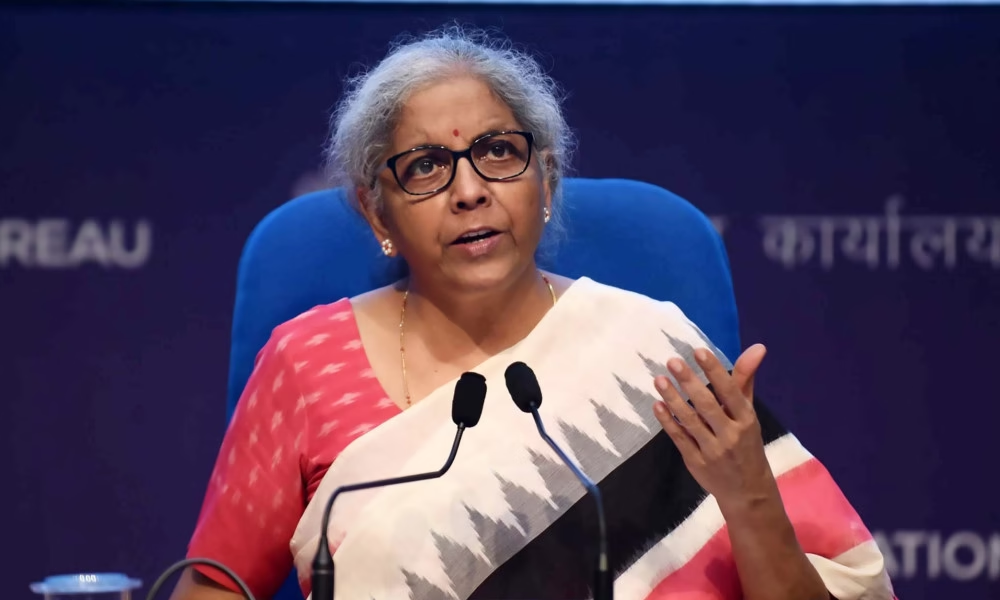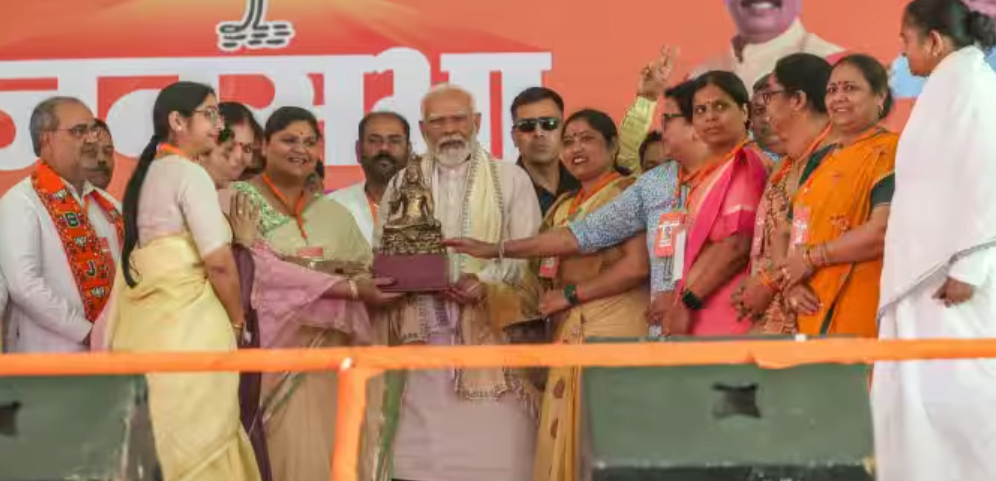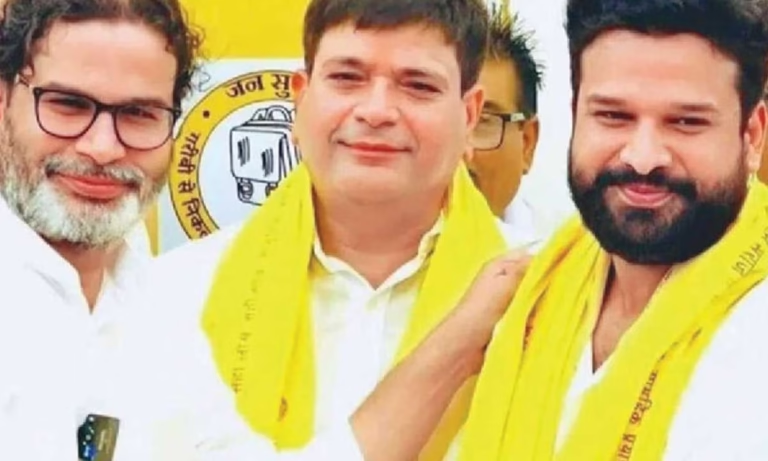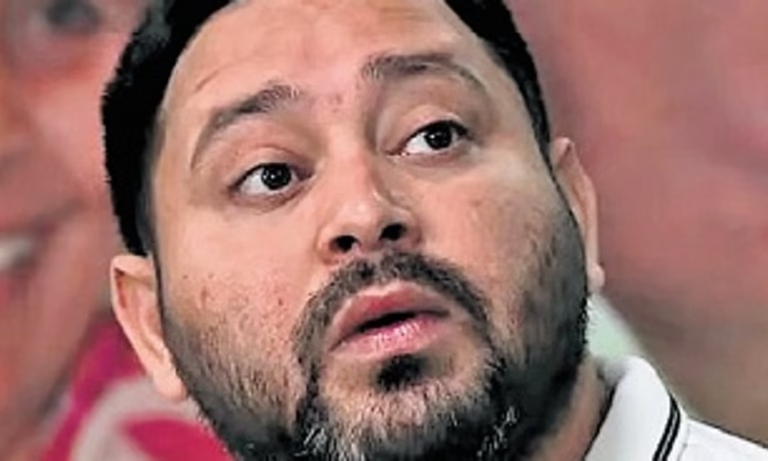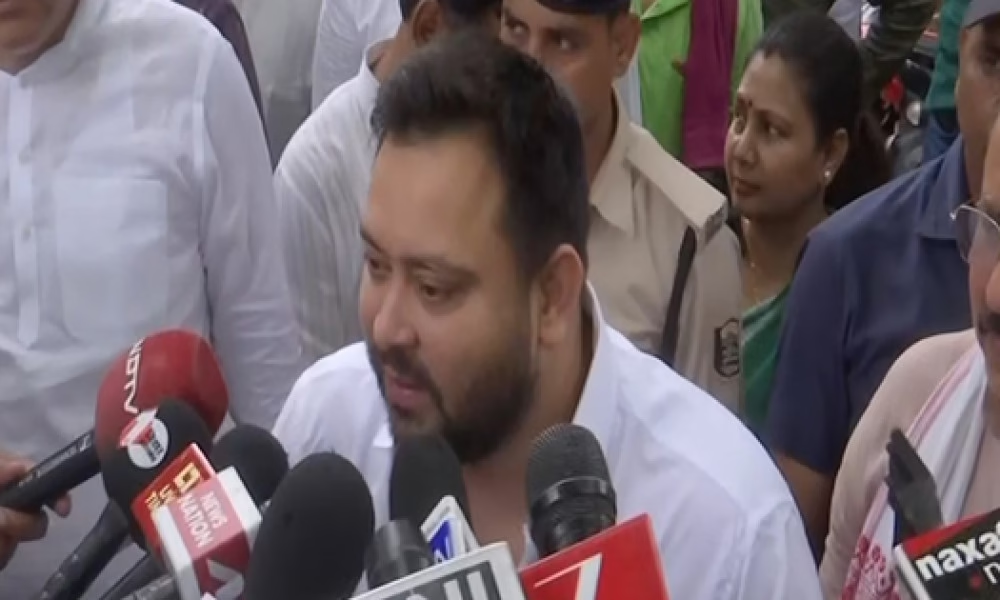
As Bihar gears up for a visit from Prime Minister Narendra Modi on June 20, the political atmosphere is heating up. RJD leader Tejashwi Yadav is stepping into the spotlight, ready to hold the Prime Minister accountable. The former Deputy Chief Minister expressed doubt about Modi’s intentions, asserting that this visit is all about politics rather than meaningful progress for Bihar.
Yadav made it clear that he believes Modi’s agenda is far from altruistic. He suggested that the Prime Minister is not coming to distribute jobs, curb poverty, or prevent the migration of Biharis to other states. Instead, he accused Modi of planning to “cheat” the people of Bihar once more. Strong words coming from a leading political figure!
Yadav characterized Modi’s visit as an occasion for the Prime Minister to deliver a long-winded speech without any substance. He expected the Prime Minister to showcase his allegiance to the NDA (National Democratic Alliance) but questioned whether this would translate into real benefits for the state.
The RJD leader took a jab at the PM’s potential interactions during his visit, hinting at who might be receiving garlands on stage. He prompted reporters to think about whether Modi would honor local figures like Santosh Majhi, Ashok Choudhary’s son-in-law, or Chirag Paswan’s brother-in-law by garlanding them. This playful sarcasm only adds to the tension in an already charged political environment.
But Yadav didn’t stop at criticizing Modi alone. He also pointed fingers at the Bihar government, specifically questioning the connections the ruling party has with the RSS. The insinuation is clear: the government may not be serving the people but rather serving its own political interests.
Addressing the perceived dominance of the RSS within Bihar’s political structure, Yadav called attention to statements by Janata Dal United’s minister Ashok Choudhary. He highlighted the minister’s casual mention of the “RSS quota,” raising an alarm about how many government positions may be filled as a result of political favoritism. Yadav questioned the legitimacy of such appointments, suggesting they undermine the democratic process.
It seems that for Yadav, what began as a critique of one political figure spiraled into a broader criticism of systemic issues within the state government. His assertion raises important questions about transparency and representation in Bihar’s political landscape.
In addition to his sharp critiques regarding Modi and the ruling parties, Yadav also took the opportunity to poke fun at his political rivals. He referred to some JDU leaders as the ‘Bhuja Party’ people, implying they are a self-absorbed group more interested in nepotism than serving the public. His remarks on the unwillingness of certain politicians to welcome Nitish Kumar’s son, Nishant Kumar, into the political fold ring with irony, highlighting a possible reluctance among leaders to share their power.
Yadav’s commentary is a powerful reminder of the evolving dynamics within Bihar’s political landscape. The intersection of family ties and political ambitions can often create a murky field filled with conflicts of interest. This has been a persistent issue across various Indian states, but in Bihar, it seems to take on a life of its own.
By describing people in power as privileged and disconnected, Yadav aims to resonate with everyday citizens. His criticism suggests that those on the inside are more concerned with maintaining their status than actually serving the needs of their constituents.
This visit from PM Modi is a litmus test not just for the Prime Minister, but for the state of Bihar as a whole. The anticipation surrounding his arrival could very well serve as a catalyst for broader discussions about youth employment, poverty alleviation, and migration – issues that plague the state.
As the date of the visit approaches, all eyes will be on both Modi and Yadav. Will this be a moment of genuine dialogue, or just more political posturing? Tejashwi Yadav’s comments indicate significant skepticism about the sincerity of Modi’s mission. And with a population craving real change, the stakes are higher than ever.


